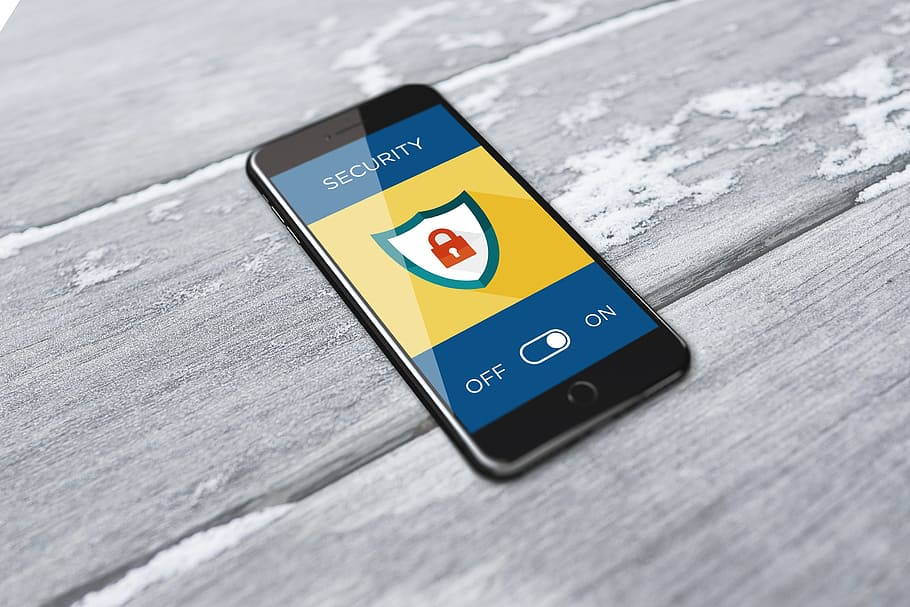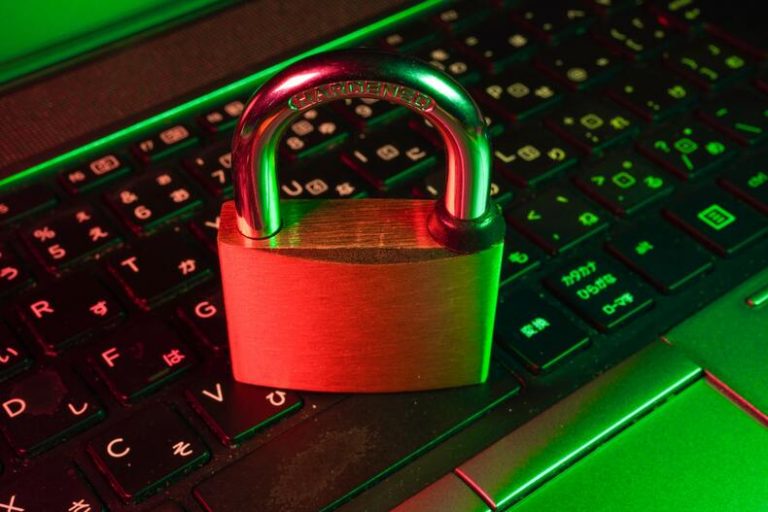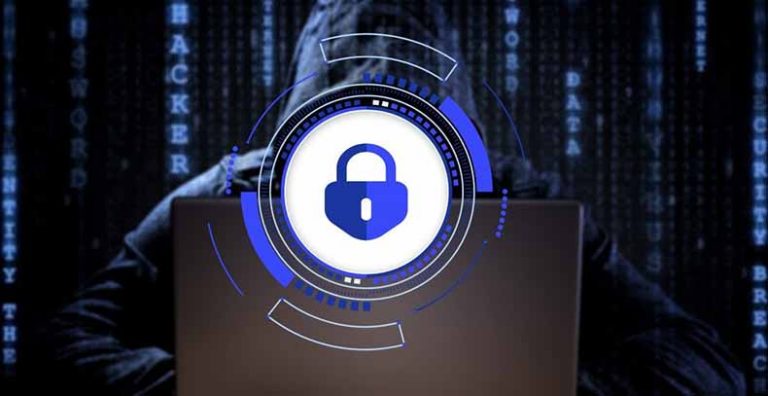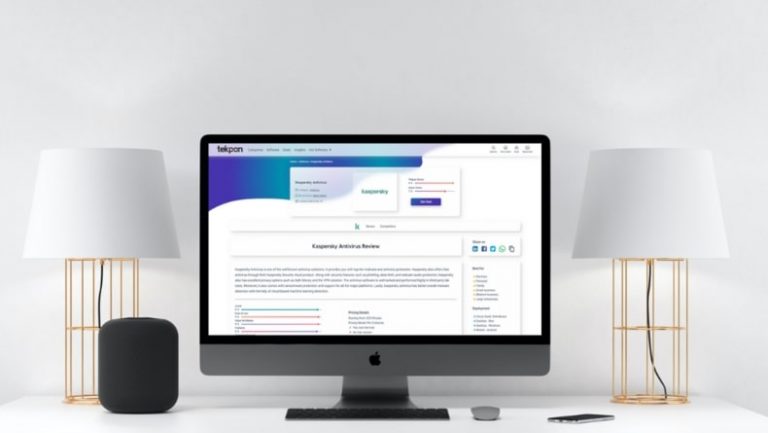How To Increase Your Phone’s Security
Living and working in the modern world today relies heavily on technology. Smartphone use is pretty high in the United States. Over 81% of Americans own and use a smartphone. So, protecting your personal information and securing your data on your phone is just as vital as securing that same info on your desktop or laptop computer. Of course, the last thing you want is to slow or bog down your phone. So, with that in mind, here are a few ways to boost your phone’s security without worrying about performance issues.
1. Protect Your Lock Screen
Many of these suggestions work for both iPhone and Android devices, but iPhones tend to have better security out of the box. This may seem like an obvious one, but you’d be shocked at how often people either don’t secure their lock screen or let messages appear straight on the lock screen (it’s best to disable this function for better privacy).
On Android, there are a few decent options for lock screen security, easily accessible via your phone settings. These are:
- Pin
- Swipe with Password
- Pattern
- Passcode
- Fingerprint
- Face recognition (availability depends on device)
On iPhone, you’ll navigate to Face ID & Passcode settings to set up your security features. Touch ID is also an option. Finally, make sure you protect your Apple ID information and activate the “find my phone” feature just to cover all the bases. Check out Apple’s support page for more information on how to do this and what other basic security measures you can use on your iPhone.
2. Keep Close Watch On App Permissions
Along with not storing your passwords or other sensitive information on your phone, monitoring your app permissions is crucial. Not being diligent about what you allow apps to do with your information and how they access your phone is a major mistake when it comes to security. Be aware of any bizarre requirements/requests for accessing your device – for instance if your flashlight wants to access your contacts, you probably don’t want to allow it to do so – and monitor the types of actions these apps are asking to monitor and what parts of your device’s sensors/equipment it is asking to access. Any apps that are collecting information and forwarding it to 3rd parties can result in scam attempts, Robocalls, and other security issues. So, be diligent about what emissions you’re allowing your apps to have, and be sure to pay attention to what your apps are doing.
3. Use A Mobile Security Suite
For much more comprehensive protection, it might be better to go with a full mobile security suite to improve your phone’s security. Using a VPN is a great way to protect your phone from network security issues. Also, going with an advanced antivirus for phone is a great way to attenuate any potential security issues while improving your phone’s overall performance. Here are just a few of the awesome features you’ll find in a good phone antivirus program:
- Password management
- Encryption
- Safe browsing
- Privacy protection
- Performance optimization
- Cloud-based protection
- Real-time monitoring
- Enhanced security
- Antivirus
While they work a bit differently for mobile devices, a mobile-centered antivirus security suite can
4. Don’t Connect To Public Wi-Fi
If there’s one thing you should stridently avoid, it’s connecting to a public Wi-Fi spot. Using public Wi-Fi services and doing anything that requires you to input the password/sensitive information is a surefire way to make yourself vulnerable to hackers. These spots are inherently unsecured. Hackers can easily position themselves between you and the point of connection. When they do so, they’ll seize the opportunity to distribute malware or a virus, Ultimately making it easier for them to breach your computer/device/network. The biggest issues with public wi-fi is the unencrypted transfer of data and the possibility of someone hijacking your browsing session. It’s also easier for any unencrypted data on your system to show itself off to any attackers who may want to hone in for a strike. Encryption (something the aforementioned antivirus suite can also handle) can help secure your data, but ultimately it’s better not to take the risk in the first place and refrain from using any public wi-fi unless you take appropriate precautions. This could be as simple as using mobile data instead, browsing through a VPN (more on that below), or following HTTPS/SSL safety practices.
5. Use A VPN
A VPN (a virtual private network) is a secure, private connection between two devices. All of the traffic between your device and the website gets encrypted to create a more secure experience. All traffic gets encrypted and can’t be intercepted. Using a VPN on your phone is pretty straightforward. You’ll download the VPN, which creates a configuration file that allows you to toggle it on or off when browsing. It also lets you select the server’s location and can be used in the background depending o the VPN. A VPN will hide your browsing activity and help you navigate public wi-fi safely if you desire. They’re also useful for accessing websites that aren’t normally available in your country or remotely connecting to your office’s network if you’re working from home. VPNs are an easy-to-use security method that offers vast protection with very little effort on your part.







